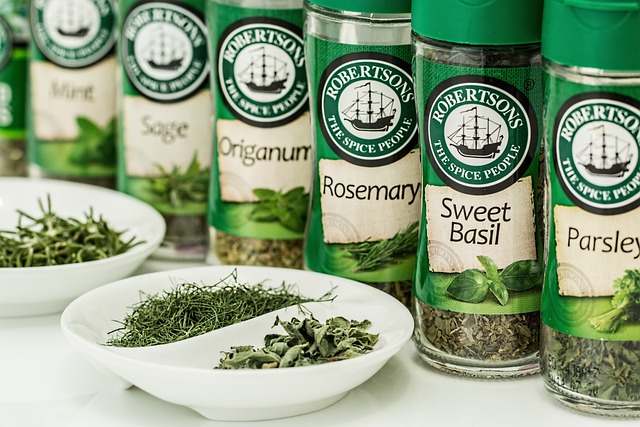Now that Christmas is over, many are two weeks deep into their New Year’s diets. In an effort to trim off the extra pounds the holidays added, some are slugging through one of any number of eating plans designed to reduce intake and maximize weight loss. May God bless and help all involved in these endeavors.
Although all of the Christmas leftovers have now been thrown out or frozen, some of the lessons we can learn from them linger with us just like the pounds they added to our bodies. One of those involves the different seasonings and spices included in our various dishes.
Not only at Christmas, but throughout the year, chefs, bakers, and cooks incorporate a wide variety of ingredients to the offerings they prepare. Some of these components are major, like the ham in baked ham or the chicken in fried chicken, while others are more minor such as the cinnamon or nutmeg in cookies. Although used in very small quantities, their inclusion contributes significantly to the final flavor of the finished entrée.
This culinary truth reminds us of the value of each human being. Some individuals become the star of whatever dish they may be involved in while others are less obvious but no less important. Even in small doses, salt can transform a dish and greatly enhance its flavor. In a similar fashion, too much salt can ruin even the finest steak.
Some people bemoan the minor roles they play at their jobs, in their communities, or even in their churches. They admire those with more exposure or involvement and yearn for such “usefulness” while failing to appreciate the vital part each person plays. To paraphrase Paul’s words in I Corinthians 12:18, “But in fact God has arranged the ingredients in the recipe, every one of them, just as He wanted them to be.” As the Master Chef, God knows the exact proportions in which our gifts are needed to create the perfect flavors.
One other truth we can apply from this is that each recipe is different. While some cookies require no cinnamon, others require more. So too, while our role in one area or time in our life may be lesser, there may be another area or time when the Chef will see fit to add what we offer in greater quantities. Submission to His skill and wisdom is what’s critically important for each dish to be delicious.
Imagine what might happen if the cumin had a mind of its own and was determined to override the will of the cook. Instead of being sprinkled in sparingly, it defiantly pushes off its lid and dumps itself into the pot. Not only will this upset the chef, but such an action would ruin the flavor and destroy his plan for a tasty delicacy.
In that same passage of I Corinthians 12 where Paul is discussing the importance of every member, he indicates that some spiritual gifts that may seem minor are indispensable. In a similar fashion we can understand that it’s because some spices are so powerful and strong that only small amounts are necessary. We may grumble about the tiny quantity our Chef uses us in when our significant flavor and strength would overwhelm the other ingredients if used too abundantly.
Writing in Touchstone Magazine, Senior Editor S. M. Hutchens says, “We who are preoccupied with being something, of achieving significance, must remember that the greatness to which we are called is nothing more or less than being what we were made to be and doing what we were made to do.” In small quantities or large, everyone is important.
If you’re on earth that means you’re in God’s pantry and that He has a plan and a purpose for your life. He’s in the business of creating the most delicious dishes by utilizing what each of us “bring to the table.” Let us submit to His recipe and will. Blessings, George
